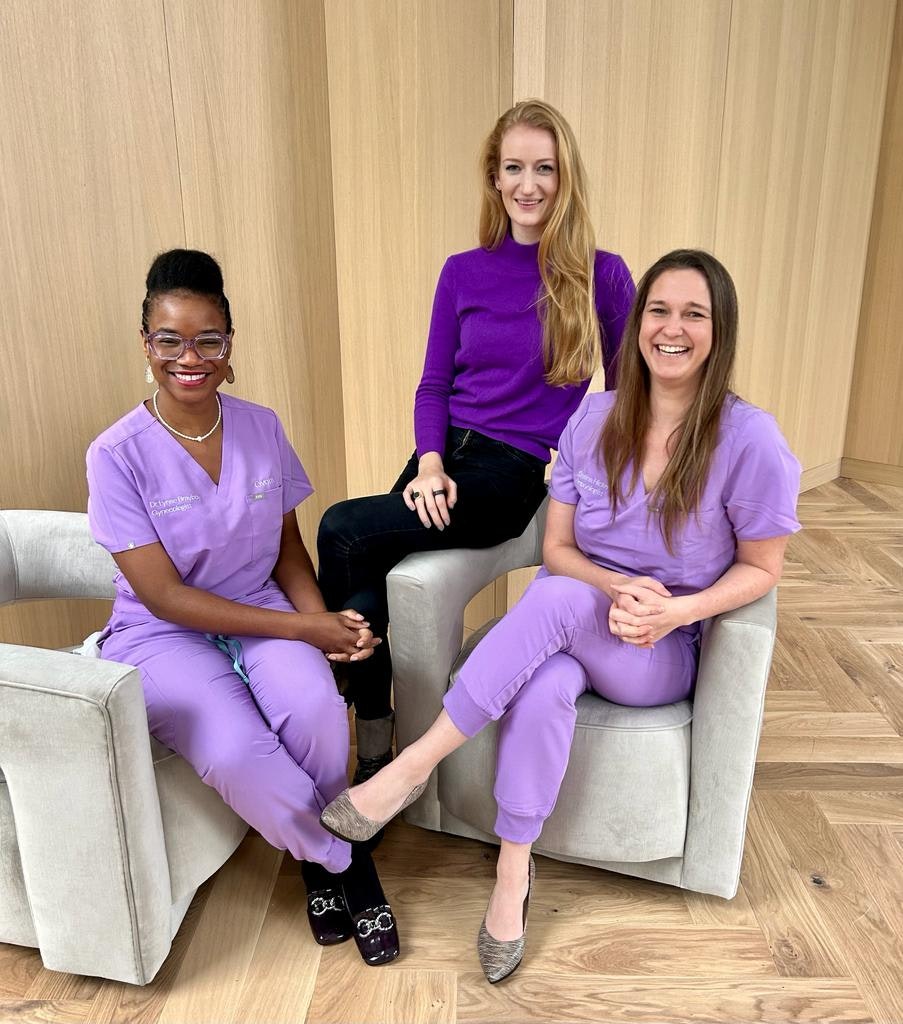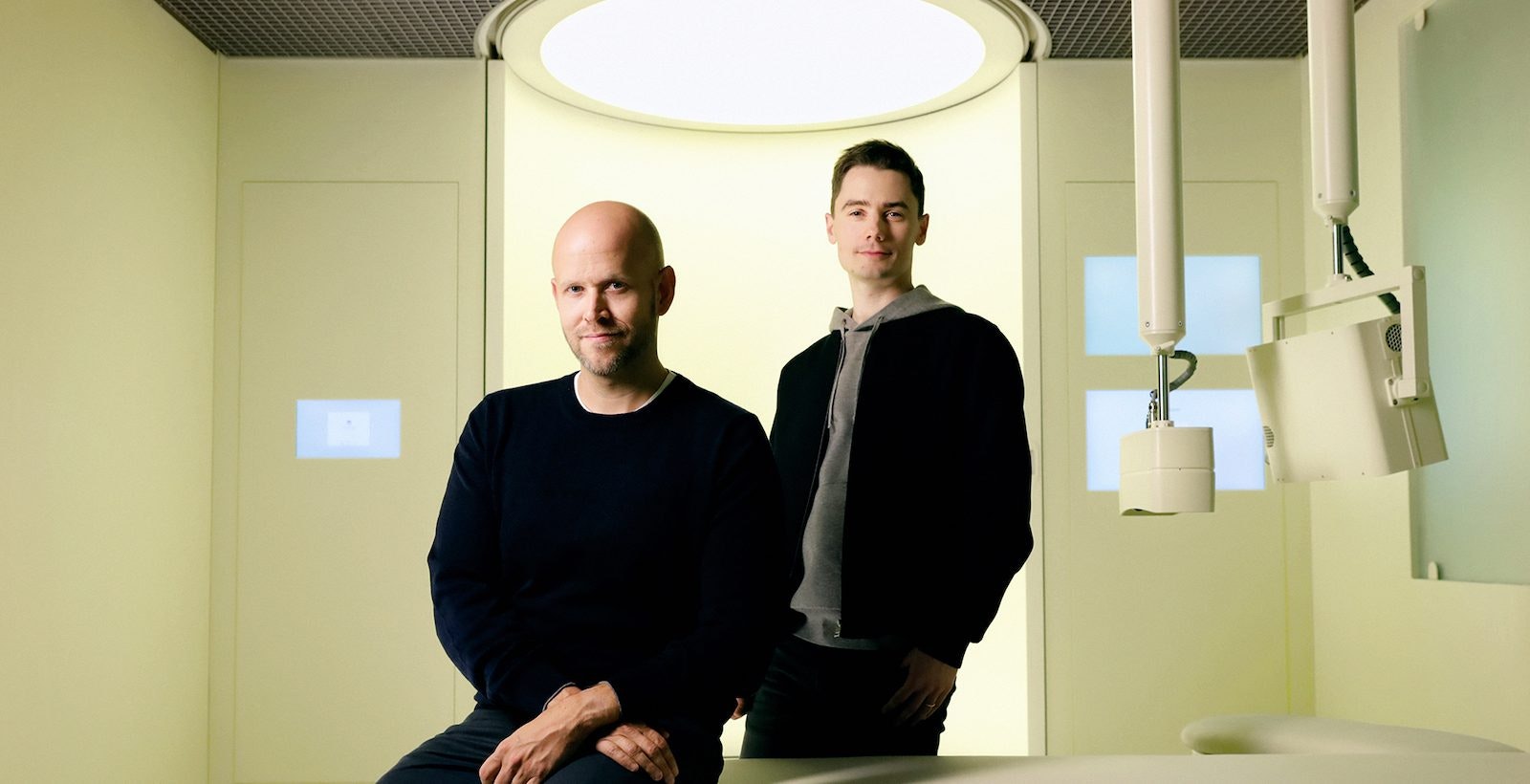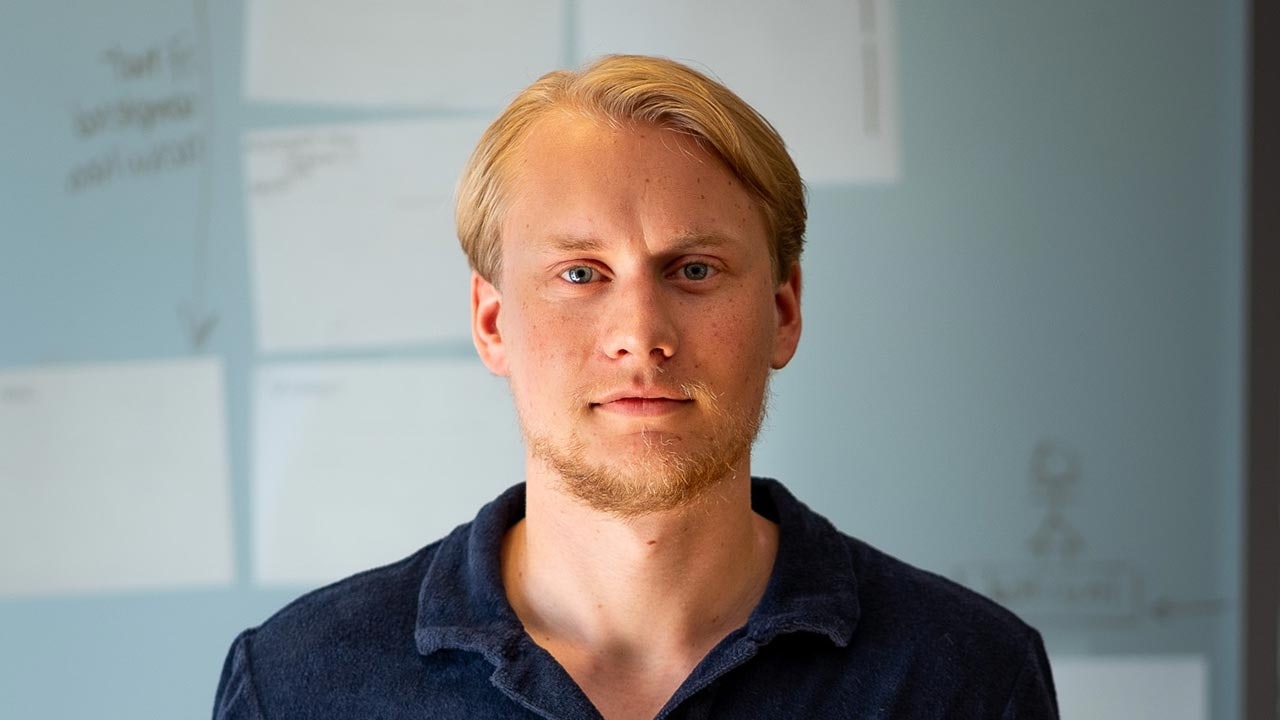UK biotech startup Curve Therapeutics has raised £40.5m in Series A financing led by Pfizer Ventures to develop its cancer drug discovery platform.
New investors British Patient Capital and Columbus Venture Partners were also involved, alongside existing backers Advent Life Sciences and Epidarex Capital.
Curve will use the funding to accelerate its drug candidates towards human trials and develop more options for its pipeline.
Finding cancer drugs for “difficult to address” areas
Curve was spun out of the University of Southampton from research carried out by professor of chemical biology at the institution, Ali Tavassoli — who teamed up with cofounder and CEO Simon Kerry in 2019.
The startup is developing potential drugs for “difficult to address” cancer targets using its patented Microcycle screening platform, Kerry tells Sifted.
The platform uses a novel technique developed by Tavassoli, which places cyclic peptides — a type of amino acid used to target cancerous cells — into mammalian cells. That then produces a signal, like a change in colour or killing the cell, to let researchers know how it interacted with a target.
Curve’s pipeline includes four drug candidates. One is a potential drug to stop cancerous cells from adapting to the very low oxygen conditions they need to survive. One aims to tackle cancer mutations while another is looking to stop cancer tumours from producing DNA (which tumours need to produce to grow). There is also one which targets breast cancer tumours.
It’s estimated more than 85% of cancer targets are “undruggable” using conventional drug discovery techniques. The problem is many of the techniques can only identify potential drug candidates based on how they interact with a target in a controlled, artificial environment — which often doesn’t work when adapted to therapeutics in a live cell, says Kerry.
“Instead of taking the target out of its natural cellular environment, we do the screening in the cell,” he tells Sifted. “The real advantage of doing it in the cell is finding ways of inhibiting things that you wouldn't see play out by taking the protein out of the cell and screening it in an artificial environment.”
Human trials
Startups like Curve tend to make money by selling a potential drug candidate to a pharmaceutical company for an upfront fee, as well as earning royalties on distribution.
Curve signed a deal worth up to $1.7bn with US pharma giant Merck & Co. in 2022, but Kerry says the company will likely need to develop one of its candidates up to the human trials phase before it can begin earning revenue.
When that could happen is difficult to say, Kerry tells Sifted, but two of the company’s candidates are being “optimised for treatment” — a process that comes before animal trials and involves working out the delivery method (pill or injection, for example) and making sure it’s non-toxic to humans.
After that, Curve will conduct small-scale human trials in partnership with a research institution. Completing that stage with its current pipeline will require about half of the new funding. Then it’ll look for a big drug developer to partner with or acquire the asset and conduct larger scale human trials.
The other half of the funding round will be spent on building out the company’s pipeline with other potential cancer drug candidates. The funds will last around three years, says Kerry.
Big pharma’s biotech pipeline
Over the past two decades, big pharma has increasingly turned to biotech startups to develop its pipeline of new drugs. According to one report, biotechs were responsible for 67% of R&D pipelines in 2022 — more than double the figure in 2002.
“[Big pharma] has a pressure to have a pipeline that extends far beyond what they can manage with [their own] R&D departments,” says Kerry.
That pressure will likely ramp up over the next few years as the drug industry approaches a so-called “patent cliff” — when several drug patents expire which could wipe out $200bn in annual revenue by 2030.
It means drug companies are looking to bolster their pipelines and one of the ways to do this is by acquiring startups which have already begun to develop potential candidates.
VCs are taking notice. Earlier this month, German VC Earlybird told Sifted that half of a new €183m fund was going to be spent on startups in the biopharma space as it looked to tap into the “unprecedented opportunity” brought on by “loads more opportunities to exit”.


